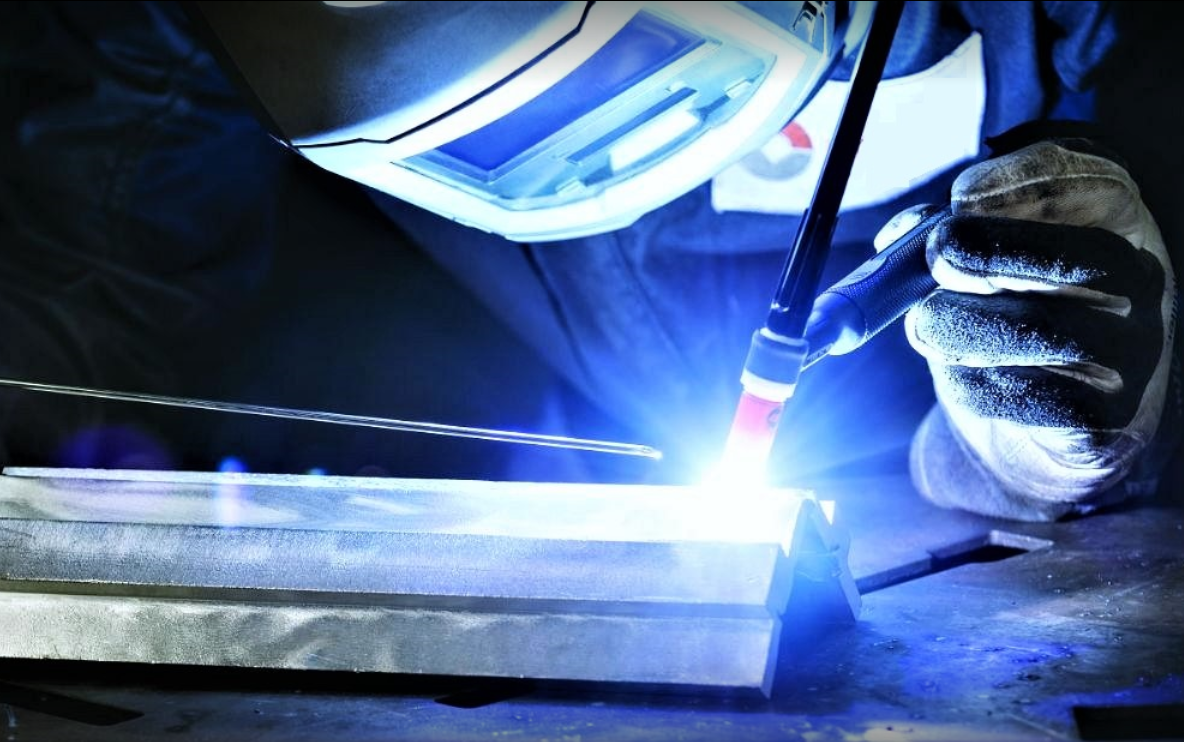A Good Aluminum Welder –
Choosing a good aluminum welder is a big deal here’s why: It will mean the difference between getting a so-so welder, or getting a skilled craftsman who is in high demand.
Welding aluminum is like any other welding it takes time and practice to become good at it. Besides the hours of practice, it takes being consistent at keeping the proper distance with the rod or the tungsten to the weld puddle, and to maintain the proper travel speed, and it is important to know the different properties and characteristics of the metal that you are welding.
Why is this important? Without this understanding of the mechanical properties of the metals it is impossible to know how the metal and alloys behave within the internal structure.
As an example, an aluminum alloy is a chemical composition where other elements are added to pure aluminum to enhance its properties, primarily to increase its strength. Other elements include iron, silicon, copper, magnesium, manganese and zinc at levels that combined may make up as much as 15 percent of the resultant alloy by weight.
So, without the understanding of the mechanical properties of the metals, the welder would have a very difficult time choosing a welding wire or rod that has the right alloy that is similar to the work piece, THIS UNDERSTANDING IS CRITICAL TO CREATING A QUALITY WELD.
There are a few other characteristics of the metal that bring up points that must be considered if this material is to be welded with consistent ease and quality
With Aluminum for example, the pure metal has a melting point less than 1200ºF but the oxide or “skin” that forms so rapidly on its surface has a melting point almost three times as high (3200º+F). To add to this aluminum even boils at a lower temperature (2880ºF) than oxide melts. The oxide is also heavier than aluminum and, when melted, tends to sink or be trapped in the molten aluminum. For these reasons, it is easy to see why as much as possible of this oxide “skin” must be removed before welding.
As you can see to be a skilled craftsman it involves more than having experience welding, it also involves a knowledge of the metal that is being welded and its characteristics.
When it comes to choosing a welder ask questions, like what type of welding process are they going to use and why, how did they learn to weld? How long have they been welding? Are they certified, and if they are certified what are they certified for? This is important because there are many different welding certifications. Not all certifications make a person competent to weld aluminum.
Call now for an estimate:
(949) 689-7636













